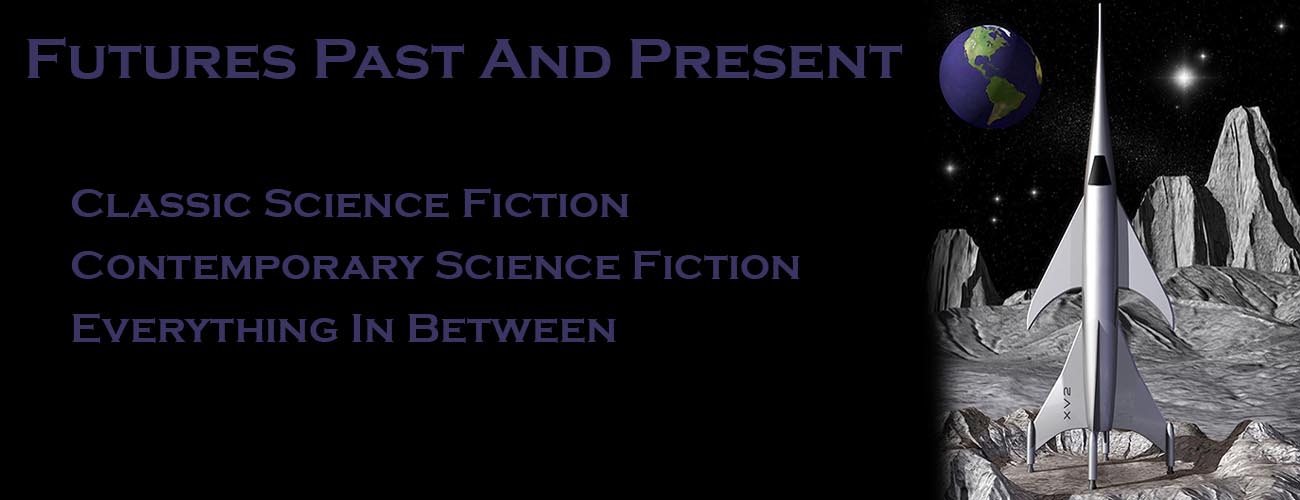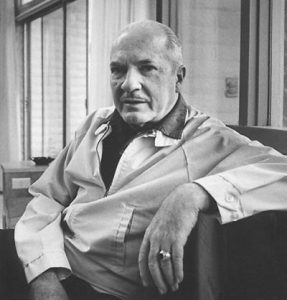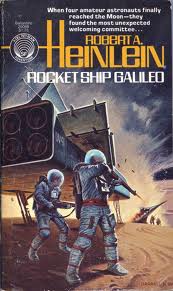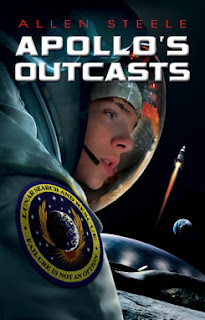Apollo’s Outcasts
Allen Steele
Pyr Books
Hardcover, $16.95, 330 p.
ebook $9.99 Kindle Nook
Jamey Barlowe was born on the Moon, in the lunar colony Apollo, but has lived almost all of his life on Earth. For his sixteenth birthday, he’s going back.
He doesn’t know this, and it’s not the sort of birthday surprise you want to have. Jamey’s father works for the International Space Consortium. Dad has just become a wanted man along with a number of his coworkers. They signed a petition protesting a position taken by the Vice-President. The President has just died, allegedly by assassination, and the new Commander in Chief is rounding up her political enemies.
Jamey and one of his sisters, along with the children of several ISC employees, are hurriedly evacuated. Jamey’s other sister gets bumped from the ride to make room for a girl named Hannah.
Jamey doesn’t realize just how much his life is about to change, nor how much he’s about to be forced to grow up. None of the kids do.
Jamey has been unable to walk on Earth; it’s a common result of being born on the Moon. His legs aren’t strong enough to support his weight in terrestrial gravity. Once he gets to the Moon he makes up for lost time.
Apollo’s Outcasts is a what we used to call a juvenile but these days is known as YA. It’s very much in the vein of the classic Heinlein juveniles, and that’s a good thing. We could use some more of that type of science fiction. I was at times reminded of “The Menace from Earth”, Space Cadet, and Have Spacesuit, Will Travel. To name a few.
Steele does an excellent job developing Jamey’s character as well as that of his friends. They all grow and mature, and usually not without cost. More than one will not live to the end of the book, and the survivors have to learn to cope with death and grief. The story moves along at a good clip, and there’s enough gosh-wow moments to keep things interesting when the action slows down.
There’s also plenty of action, especially when the political situation deteriorates to the point that the rogue President sends troops to the Moon to take over the colony. By this time, Jamey is a member of the Rangers, and while they weren’t intended to be a military force, they take on that role.
Steele has done his research on what a lunar colony would probably be like, which lends an air of verisimilitude to the book. In fact, the only place I had a problem was in Jamey’s disability on Earth. I would have thought that if he couldn’t walk on Earth, he would have had greater difficulty learning to walk on the Moon. For that matter, I would have thought he would have been more handicapped on Earth than he was shown being. But I’m not a physiologist, I’m a physicist, so I might be missing something.
I’m not sure if there are sequels planned or not. Most of the major plots threads are tied up neatly. I’m not really sure where the story could go. Regardless, I enjoyed this one immensely, and I hope sales are good enough that we see more of this sort of novel from Steele and/or Pyr.
I would like to thank Meghan Quinn of Pyr Books for providing me with a review copy of Apollo’s Outcasts.
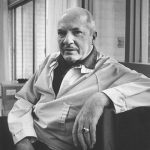 Today, July 7, marks the 115th birthday of one of the most influential science fiction writers of the 20th Century. I’m talking, of course, about Robert A. Heinlein.
Today, July 7, marks the 115th birthday of one of the most influential science fiction writers of the 20th Century. I’m talking, of course, about Robert A. Heinlein.